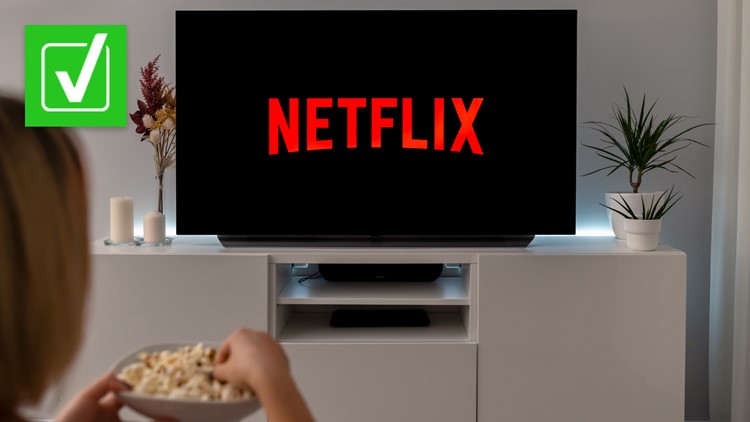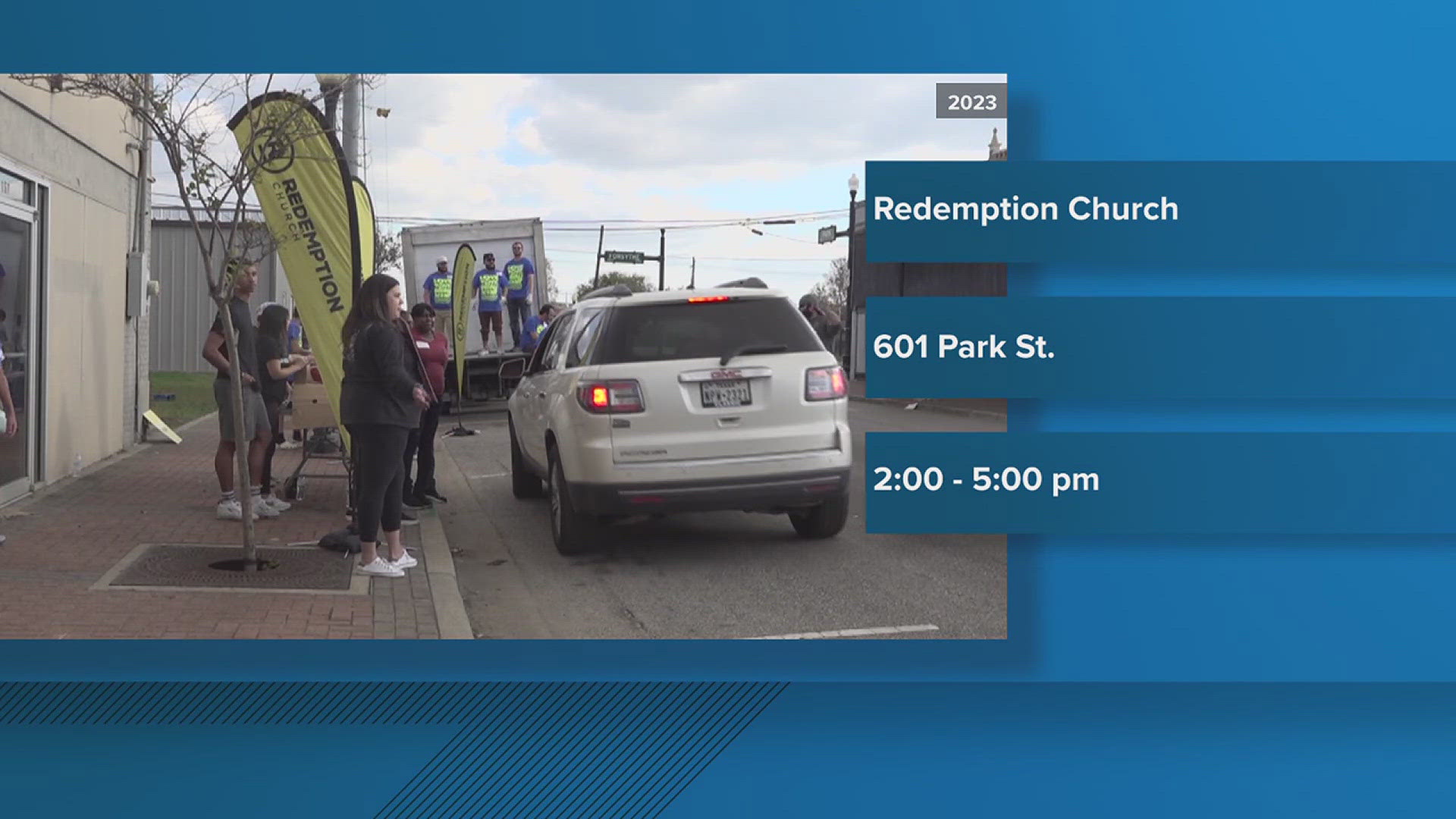Netflix is one of the most popular streaming platforms in the world. Millions of its subscribers often share one account to watch their favorite movies and TV shows wherever they are.
Rumors have been swirling for years that the company would start to crack down on password sharing between households in the United States citing online piracy concerns and the loss of billions of dollars in revenue each year. But recent searches show that many people are wondering if it’s finally happening.
THE QUESTION
Is Netflix cracking down on password sharing in the U.S.?
THE SOURCES
- Netflix
- Email sent to Netflix subscribers
THE ANSWER
Yes, Netflix is cracking down on password sharing in the U.S.
WHAT WE FOUND
On May 23, Netflix said in a news release that it would limit password sharing and begin making account owners pay to share their accounts with people outside of their households in the U.S.
In an email to account holders, which VERIFY obtained from multiple Netflix subscribers, the company explains that accounts are meant to be shared with people who live together in one household, which it defines as “a collection of the devices connected to the internet at the main place you watch Netflix.” This also applies to T-Mobile Netflix On Us subscribers.
The company said it uses information such as “IP addresses, device IDs, and account activity” to decide which users and devices are part of a household. It also said that everyone living in the same household can continue to use Netflix wherever they are, including while on the go and on vacation.
Account owners may need to “verify” devices if they are connected to a different Wi-Fi network than the one associated with the household, Netflix said, but it didn’t specify exactly how that process would work.
People who are not living in the same household will either need to sign up for their own account to watch Netflix or a standard or premium subscriber can buy an extra member slot to add another person to their account for an additional $7.99 per month. Netflix’s standard and premium subscription plans currently cost $15.50 to $20 per month, while the basic plan is $9.99 per month.
Netflix allowed password sharing to go unchecked for years while its streaming service was attracting subscribers in droves. While the company looked the other way, an estimated 100 million people worldwide were getting passwords from family and friends. But after a year of lackluster subscriber growth, which included its largest customer losses in more than a decade, Netflix decided to change course.
In March 2022, Netflix announced that it was testing ways to combat password sharing between households in Chile, Costa Rica and Peru. A Netflix spokesperson told VERIFY at the time that these tests would not be taking place in the U.S. However, in January 2023, Netflix said it had plans to tackle password sharing for users outside of those three countries sometime this year.
Netflix faced backlash on social media in February 2023 when the company mistakenly posted a set of guidelines for combatting password sharing to all global users on its website. The company removed those guidelines but said on Feb. 8 that it would start cracking down on password sharing in Canada, New Zealand, Portugal and Spain “(and more broadly in the coming months)” to give users more control over their accounts.
In April, Netflix co-CEO Greg Peters acknowledged that the crackdown on password sharing is likely to trigger an uptick in subscriber cancellations, but expressed confidence that the company will be better off in the long run after people adjust to its new policy.
VERIFY reached out to Netflix for comment but did not hear back by the time of publication.
The Associated Press contributed to this report.



